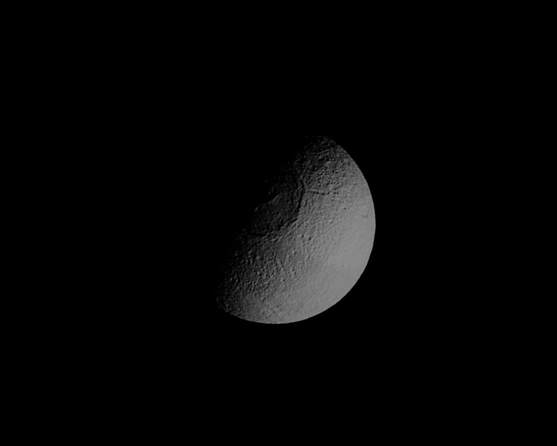|
by Alexander Galloway Aesthetics is a recurring theme in Laruelle’s work. He has written two short books on photography and has several essays on art and related topics, including texts on color, light, seeing, drawing, dance, music, and technology. But what is technology, and what is technology’s relation to art? Laruelle’s position on art and technology is not entirely intuitive. For example, he does not follow someone like Heidegger and reestablish a lineage from technology back to art, via the Greek concept of technê. Nor is he phobic of science following those skeptical of industrial modernity. Instead Laruelle is something of a purist about technology and science. He denigrates technology and elevates science, elevating it to such a degree that it becomes synonymous with non-standard philosophy overall. The technology that surrounds us, from cars to computers to rocket ships, is all rather repulsive for Laruelle. Such technology provides little more than an avenue for transit or mediation in and out of things. From this perspective philosophy is the ultimate technology, because philosophy is the ultimate vehicle of transit, and philosophers the ultimate mailmen. Philosophy is all technology wrapped into one, for it is at once mirror, conveyance, energizer, and processor. By contrast, science is the realm of immanence and unilateral relation. Science is the realm of discovery, axiomatics, and theory. If philosophy were a science it would remain immanent to itself, never transiting anywhere, never synthesizing or reflecting on anything. Philosophy would remain where it is, in the dark. But philosophy, always quick to demonstrate its illuminating potential, is never in the dark. “Our philosophers are children,” Laruelle reminds us. They are children “who are afraid of the Dark.” Alternations of light and dark are the fuel of philosophy. From Plato’s cave to Paul de Man’s “blindness and insight,” philosophers are forever transiting between shadow and illumination. Yet darkness itself is not the problem. The problem is alternation. The problem is not that philosophy is dark. The problem is that philosophy is not dark enough. According to Laruelle we must jump further, not from light to dark but from dark to black, from the darkness of philosophy to the blackness of science. So forget your rocket ships and rocket cars. Leave behind the scaffolding of reflection and alternation. “Do not think technology first,” Laruelle commands. “Think science first.” Science is, in this way, the least illuminating profession, because it surpasses mere darkness by way of a profound blackness. Never afraid of the dark, Laruelle’s science begins from the posture of the black, communing with the agnostic darkness of the real. But what is this darkness? What is this black universe of which Laruelle sings? Is black a color, and if so can we see it? (Excerpted from Laruelle: Against the Digital [University of Minnesota Press: 2014], pp. 133-134.) taken from here This article is taken from:
0 Comments
Leave a Reply. |
ART
Archives
December 2017
art and aesthetics in art |

 RSS Feed
RSS Feed
